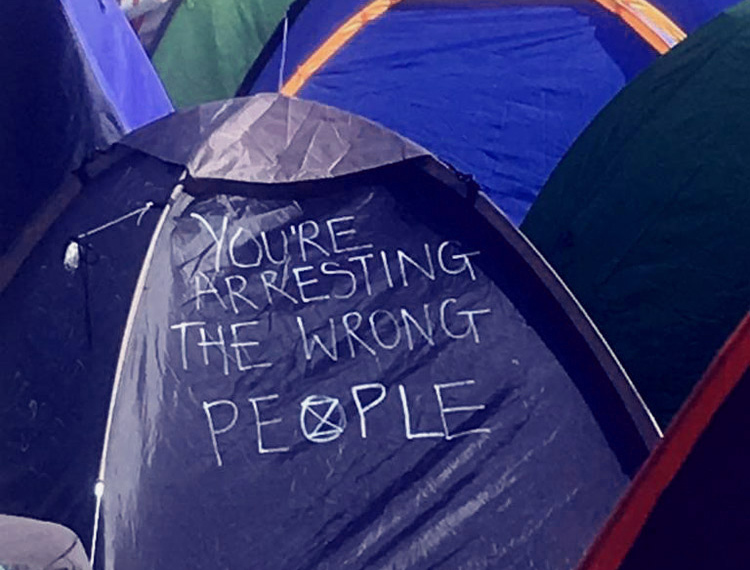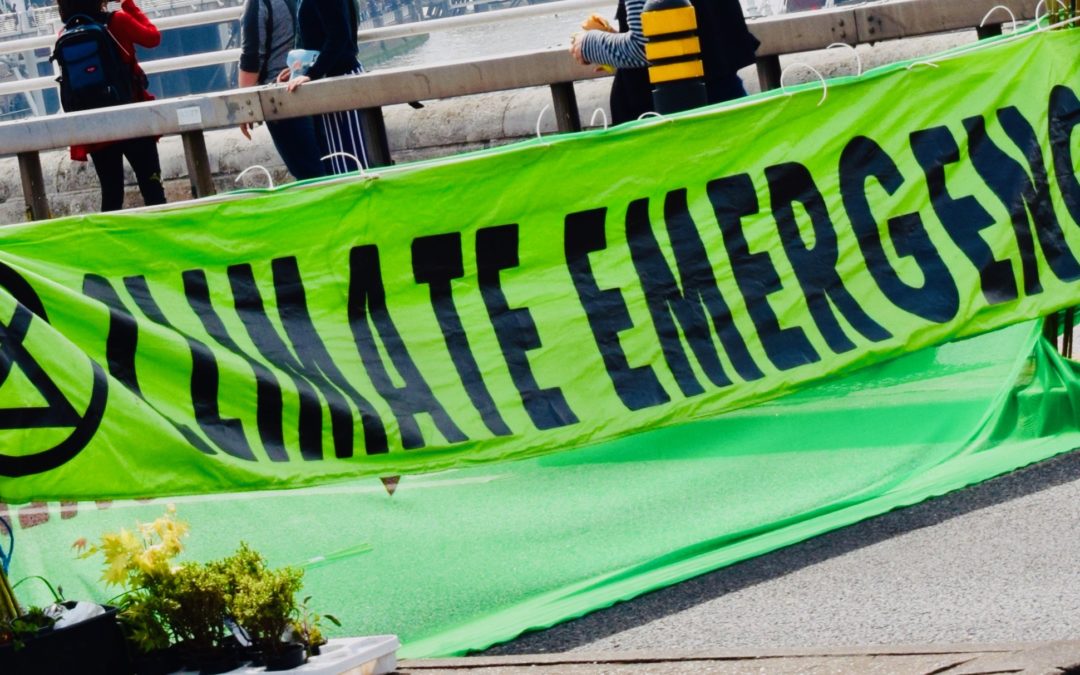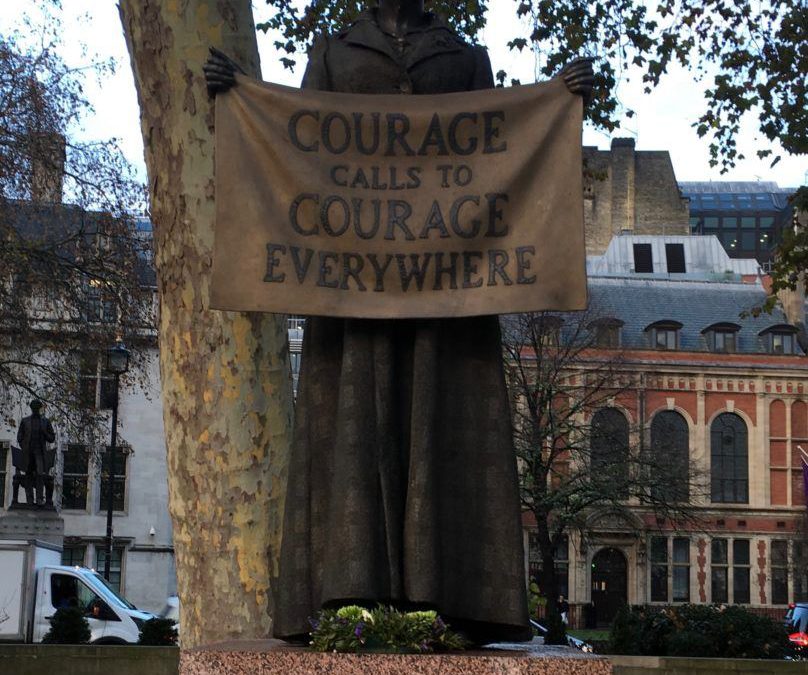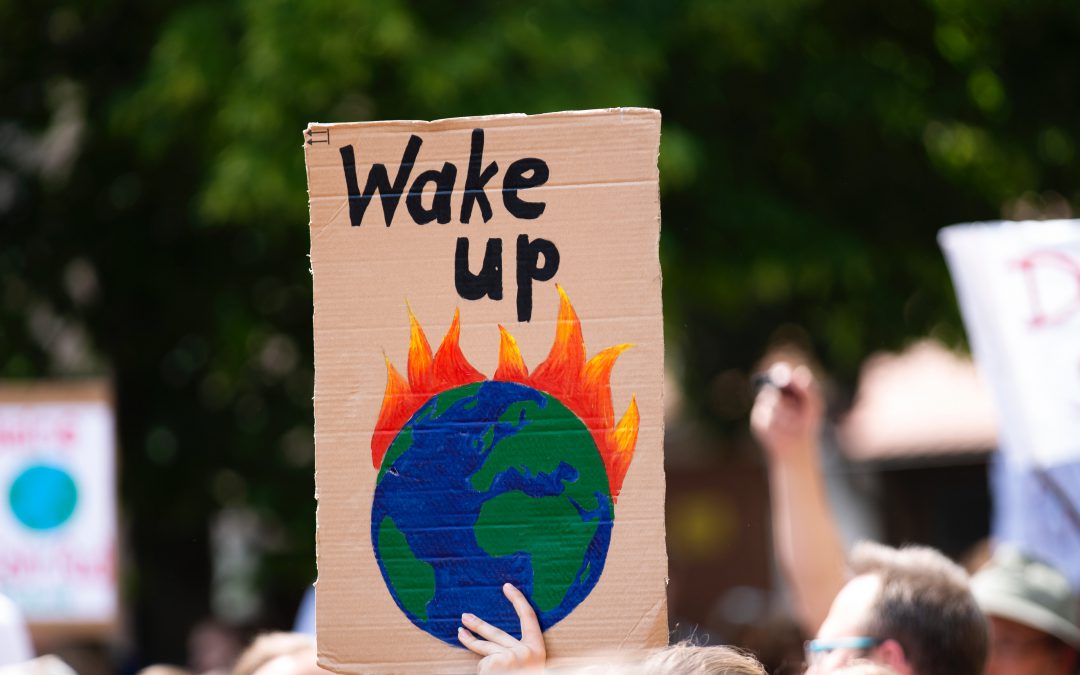
Civilised Rebellion
Perhaps it can teach our parliamentarians a thing or two
“Humbug”, “Big Girls Blouse”, “Girly Swot”, “nose ringed crusties” just a sprinkling of some of the phrases our Prime Minister has cast about in recent weeks, seemingly oblivious to the inappropriateness and offensive nature of his language. In fact he revels in this carefully cultivated, boyish ‘devil may care’ look at me I am so outrageous but don’t you love me for it personae – and make no mistake it is a cultivated and it is entirely manufactured for the benefit of his audience and the press. What is not manufactured is the damage that such language does. Insults thrown across the chamber or the airwaves designed to undermine or wound the recipients and to stoke the growing sense of injustice in the rightwing elements of his party and the country. Sadly he is not alone when it comes to insult and injury – our MPs shout, barrack, insult, interrupt and behave in a way that would see most children and teenagers sent out of class or to their rooms!
But rather than just join the list of those moaning about this appalling behaviour I should like to suggest a remedy. I had the pleasure of joining my first Extinction Rebellion Citizens Assembly this week in, of all places, the Jubilee Room in the Houses of Parliament. It was an incongruous event in some ways – as we crowded in, surrounded by heavy replica Pugin wallpaper and at the mercy of division bells and wobbly IT – the XR rebels came from all walks of life junior doctors, ex policemen, consultant psychiatrists, teachers, economists, students, CEOs, business men and women and not a crustie in sight! We heard from Caroline Lucas MP and Clive Lewis MP, architects of the Green New Deal, from housing specialists, those responsible for city planning, health professionals and from a farmer (without his tractor sadly as the police prevented him from bringing it into the centre of London). Not only were they measured, informed and respectful they were listened to with respect and in silence. New to me is the XR method of no clapping but showing appreciation by jazz hands. Despite being in Parliament we needed no Speaker calling Order Order at ever greater decibels – the facilitator merely raised her hand when she needed silence and one by one we did the same and stopped our conversations. When we gathered into huddles to produce questions for the Department of Health, for Treasury, for DEFRA there was no interrupting, no jockeying for position. A raised finger was all it took to take a turn to speak and we listened carefully to one another – ‘hugging them with our full attention’.
The care, the consideration and the energy of the gathering reminded me of a Quaker Meeting. What was also extraordinary is how effective we were – producing three hard hitting questions for each department in less than 20 minutes from 60 strangers. Citizens Assemblies are the way to heal the divisions in our society, listening to one another and being respectful.
The XR rebels could certainly teach our parliamentarians a thing or two. Rebellion is the way to respect.
Hear XR in conversation with Planet Pod about their new Parliamentary Bill and the 3 demands here.




